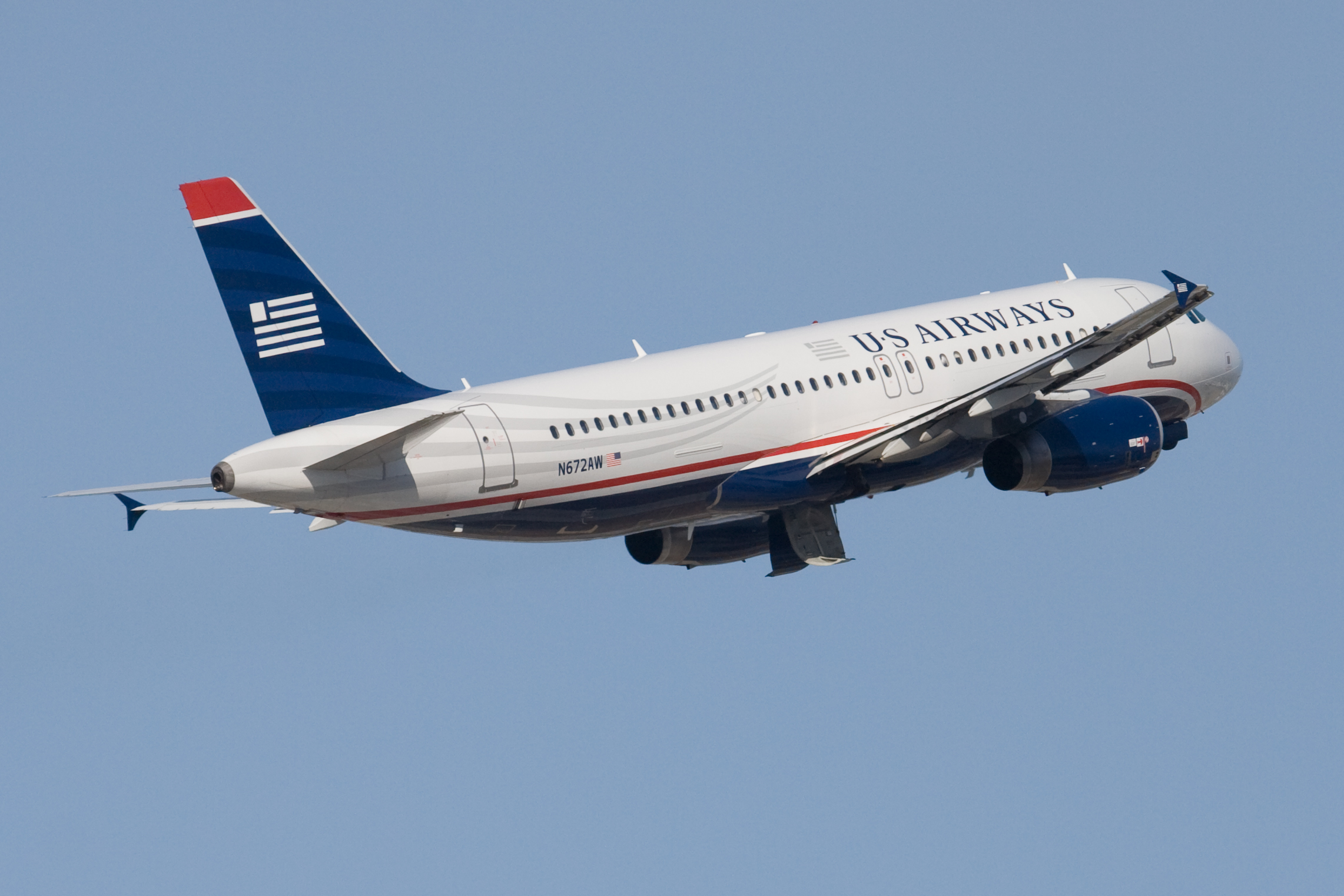It turns out the case isn’t so clear either way. There are some benefits to stronger airlines, though low fuel costs and the state of the economy are bigger drivers of that than consolidation. We should be careful to remember that correlation isn’t causation.
A column in the Dallas Morning News argues that airline mergers (‘consolidation’) has been good for consumers.
[Fare wars work] for consumers, especially when airlines are plowing billions into improving the product. In the first half of 2015, the 10 publicly traded carriers spent an average of $1.4 billion a month, including buying a new plane each day. That’s almost $1 billion more per month than in 2010, according to Airlines for America, an industry trade group.
U.S. airlines also added 265 new routes in the first six months of 2015, the group said.
More consumer options, more competition, higher wages for workers and finally a break on prices — that sounds like a system that’s working.
Most readers will equate this with Doublethink. After all, we’ve always been at war with Eastasia.

However there are some things that any fair-minded observer will grant.
- Financially viable airlines are better for consumers than carriers that run long term losses. They invest in product, in IT, and… they don’t go out of business.
- Large airlines with redundant route networks are valuable to travelers trying to get where they’re going in the face of weather and other irregular operations issues.
- Large feeder networks to hubs support growing long haul flight operations. Aided by mission-appropriate aircraft like the Boeing 787 we’re seeing lots of new routes open up.
- And in many airports around the country dominated by a single carrier a merger of two smaller players in that market creates a viable competitor that really can lower fares and create meaningful flight options.
Delta did just increase wages (though they’re pulling back on profit sharing). The particulars of the American – US Airways means higher wages too — it’s how US Airways got unions onboard with their plan to merge with (in my view overpay for) the airline.
But much of the current strong airline results – as well as competitive position pushing down fares – is driven far more by lower fuel prices than it is consolidation. Fuel prices are masking what might otherwise have been some of the downsides of consolidation for consumers.
I would have far preferred an independent American Airlines to one merged with US Airways. If they had held off bankruptcy a little longer, if previous management had begun to accrue the benefits of lower fuel prices, that might well have happened… though American’s pilots had more or less determined they were unwilling to work with previous CEO Tom Horton, and engaged in a work slowdown. Horton might not have managed to stay atop the standalone carrier, but they might not have been taken over by the smaller airline.
Consumers would have been better off without the United-Continental merger. More than five years in it seems clear the merger made both carriers worse.
Still, unquestionably US Airways was made better off because of its merger with America West. It survived brutal conditions in the industry after going through two bankruptcies. For US Airways the counterfactual really was going out of business.

For all my preference for Northwest Worldperks over Delta SkyMiles, that combined entity is running a far better airline operation than ever before.
I never believed there was a strong legal or moral case for blocking the mergers. That doesn’t mean I like them. The results for consumers, hardly the only metric of success, are in my view mixed. The ‘parade of horribles’ predicted for each never really came to pass. But it’s also not clear that the things in the industry that are going quite well derive as much from mergers as from a stronger economy than 6 or 13 years ago and savings derived from lower fuel costs.


Gary, any thoughts on if DOJ would allow a future merger between one of the Big Four? Seems like it would take a bankruptcy before they would allow any further consolidation.
I disagree with the notion that having 3 (or 4) mega carriers has benefited the American consumer. The American consumer has benefited when multiple airlines complete for the same passengers on the same routes. This situation can be properly managed by competent employees. (capacity discipline, right-sized aircraft and frequencies, reasonable fares) Everybody makes money.
When it cost $1,300 to fly on a crappy RJ from NYC to Columbus OH but I can go from NYC to London or Paris on a relatively new 777 for $1,300, something is out of balance. That balance can only be restored with competition. l ‘d like to extend my “thanks” to the Justice Department for allowing the current airline oligopoly.
As long as there are ultra low fare airlines around (Spirit, Frontier, etc) and other viable competitors (like JetBlue), I do think the consolidation is good for customers. The domestic experience seems to be slowly but surely improving, and the competition prevents most price gouging. Internationally, having 3 strong domestic airlines to compete with the foreign carriers seems pretty ideal.
If there were no ultra low fare competitors, it would probably be a different story. Domestic fares would all be sky high, as everyone divided the pie into their fiefdoms (hubs).
Right now, any doomsday predictions about airfares going sky-high with consolidation seem wrong.
@DCJoe the current DOJ? Probably not. A different one? who knows. A bankruptcy, or some other changed scenario in the industry like the elimination of foreign ownership restrictions sure..
I am likely in the minority, but I rather liked US Airways. The gate folks at my home airport were, and are still, the best. The folks I spoke to on the phone as a Chairmen’s Preferred were always helpful, regardless of the question. As a preferred flyer with US Air for 26 years, I am not enjoying the change to AAdvantage. Perhaps I’m just not crazy about having to relearn how to find and book flights and find information — you know, the cliche about old dogs learning new tricks.
There are more reasons than simply consolidation, but it is quite jarring that my typical domestic coach trip for work (AUS-DTW, often $1200-1500 with 7-day advance purchase on the cheapest fare) costs about the same as a business class long haul from Europe on a real airline.
I think it’s too early to declare with certainty either way.
ULCCs are fine – if you happen to live where they fly, and need to travel on a route they service. Same with JetBlue.
Are we sure that this was a news article and not an advertisement? The entirety of what you have quoted is from the airlines’ political lobby group, airlines for America. Given their past proclivity for making up statistics wholesale, I really don’t see much use in writing a story using their information.
@Farnorthtrader: well said.. For some balance on the issue, see for example http://www.marketwatch.com/story/the-us-cities-that-have-lost-the-most-flights-2015-07-23
I disagree. I have seen a steady devaluation in frequent flyer points on the airlines after they merge. The points are worth less, the perks are worth less. Less competition and the companies feel like they can do less for their customers.
For anyone who cares about the price of tickets and ff program benefits, their can be only one conclusion: consolidation in the US airline industry benefits the airlines at the expense of consumers. The only question is how bad will it get before all is said and done.
Prices may not have gone up much yet, but that is nothing to crow about given the dramatic drop in fuel costs. And ff programs are engaged in a fast and furious race to the bottom. Further, if these mergers purportedly benefit consumers, there is nothing to stop more consolidation in the industry even involving the one or more of the carriers in the big four.
Give me the days before the airlines and the government blessed us with all the present and future benefits/enhancements these mergers have bestowed.